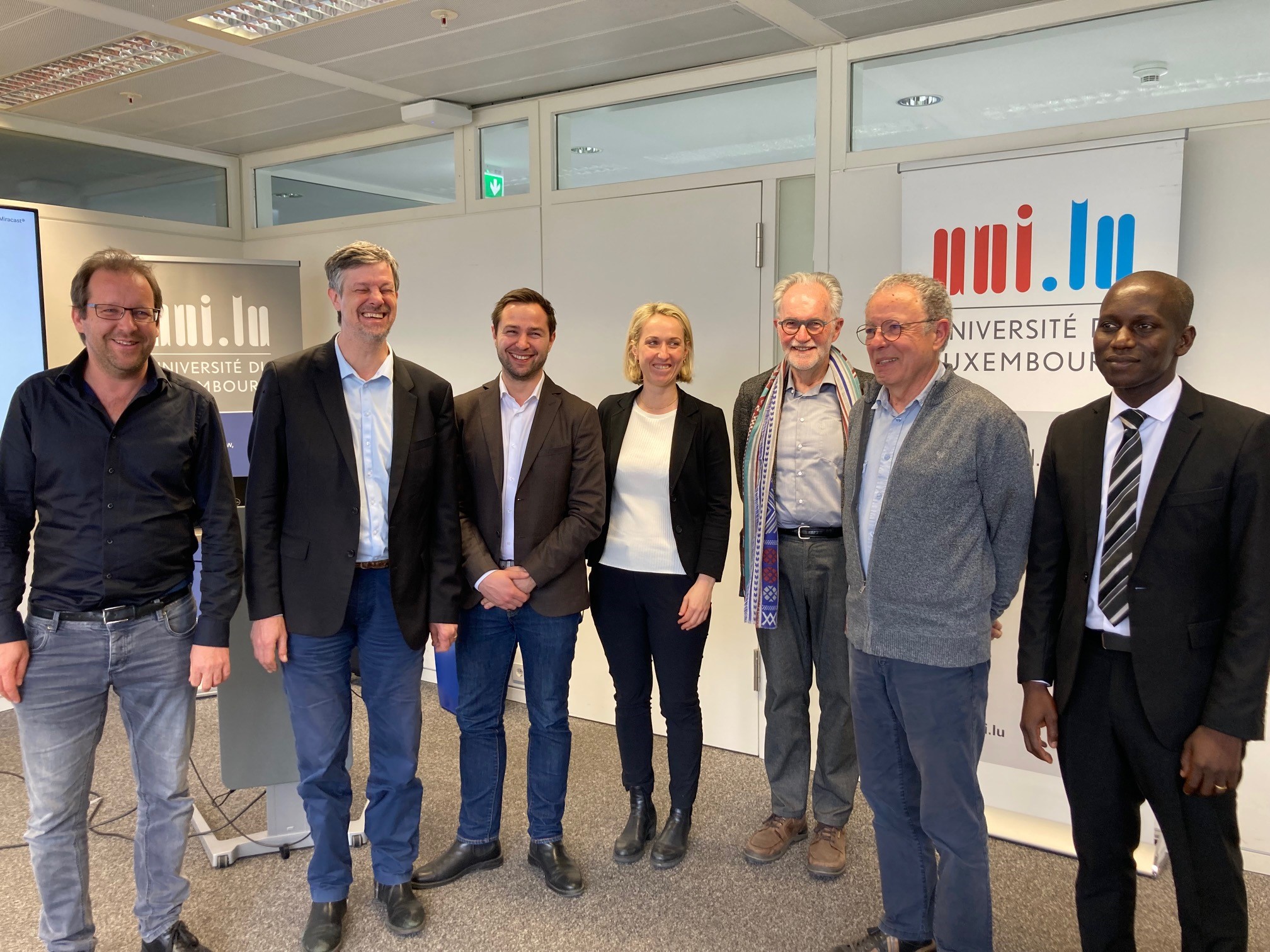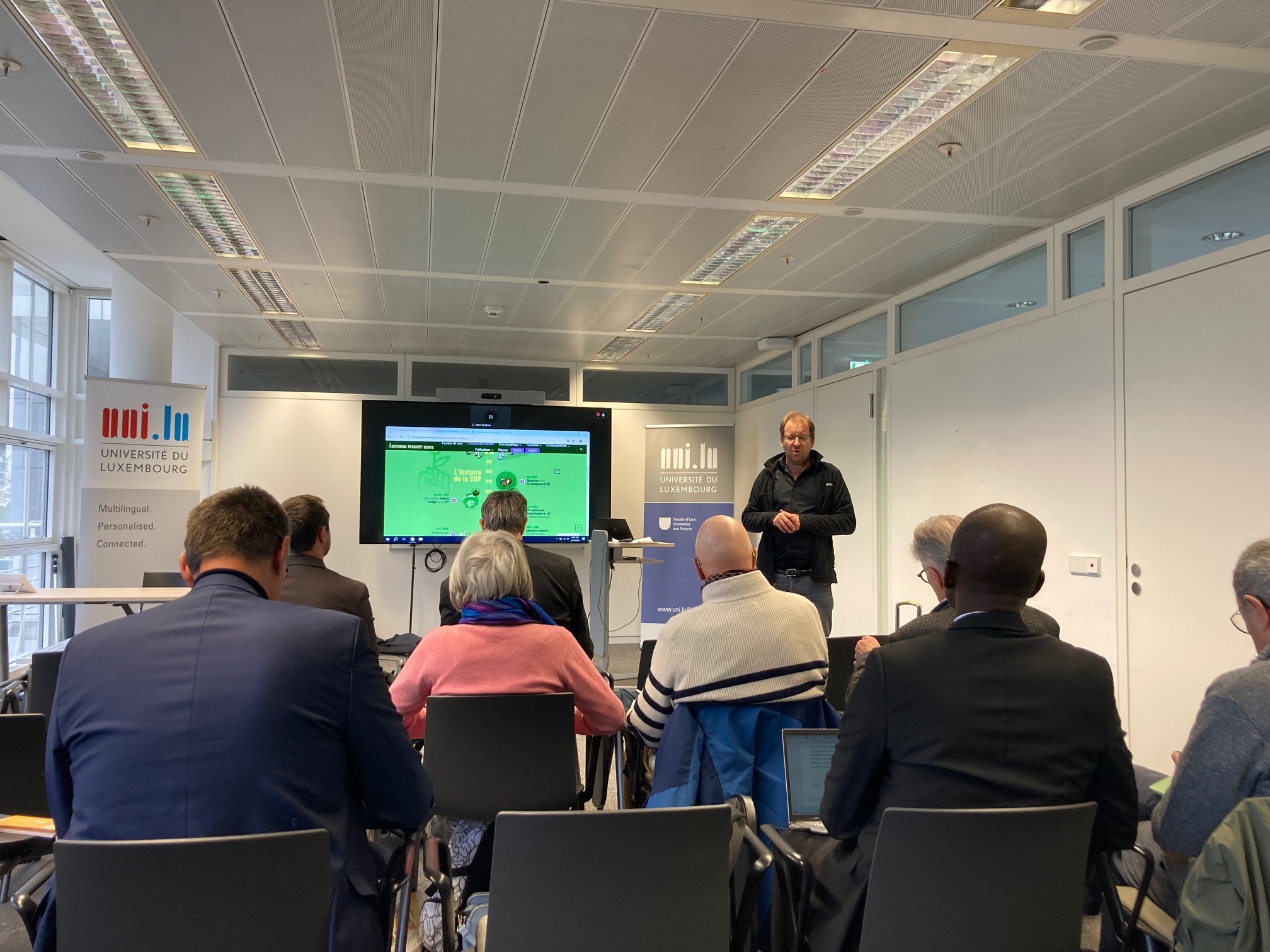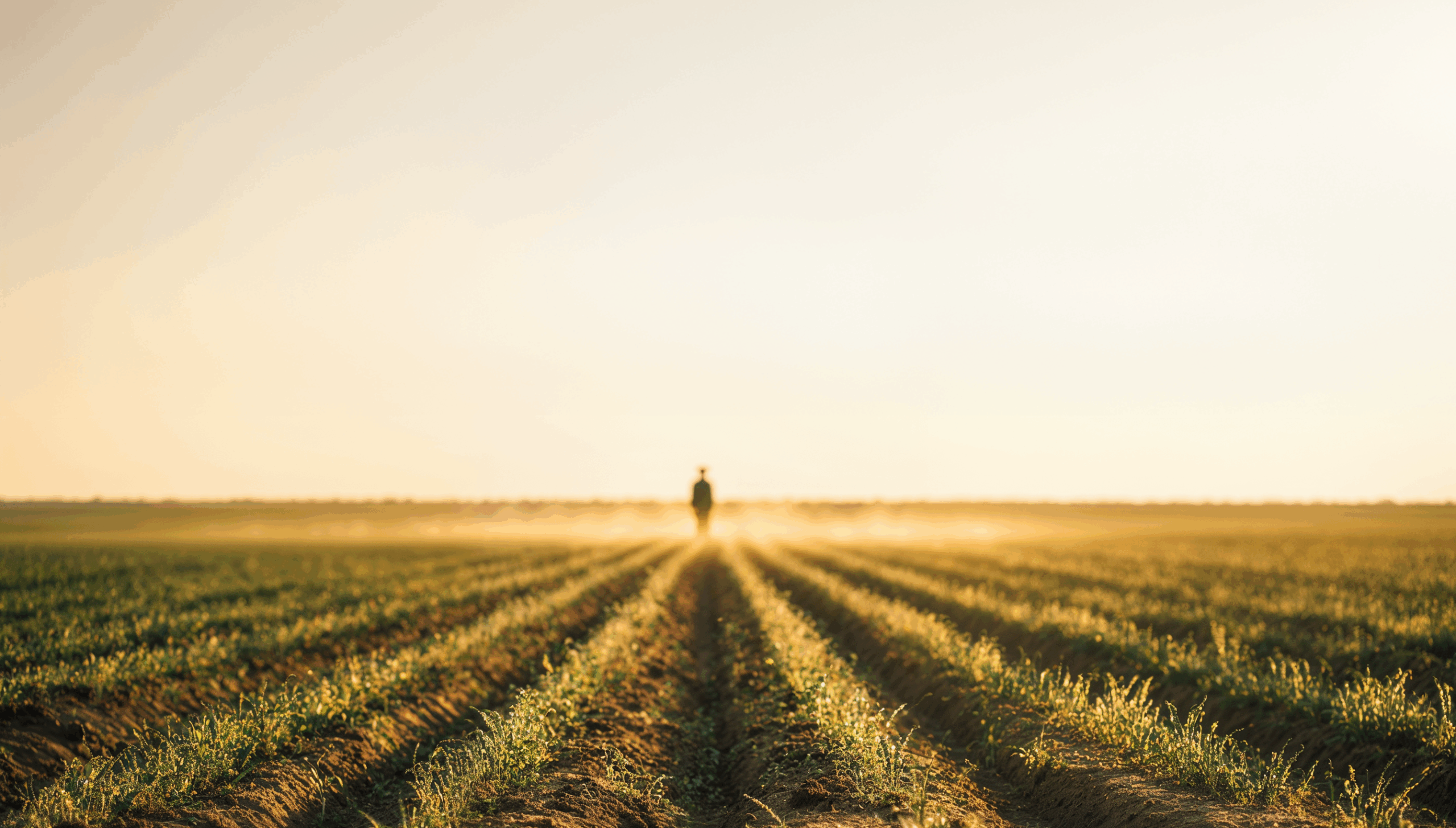Zoom
Citizen mobilization
Agricultural finance
Rights
- Intersecting Legal Views on the United Nations Declaration on the Rights of Peasants

Intersecting Legal Views on the United Nations Declaration on the Rights of Peasants
Review of the conference held on 19 April 2024 – University of Luxembourg
On 19 April 2024, SOS Faim and the Law Department of the University of Luxembourg co-organised a study day devoted to the United Nations Declaration on the Rights of Peasants and Other People Working in Rural Areas (UNDROP).
Adopted in 2018 after 17 years of negotiations, UNDROP represents a major legal and political turning point for the recognition of the rights of rural communities. Yet this text remains largely ignored in academic circles, despite its transformative potential for agricultural policies, food sovereignty and environmental justice.
This conference, symbolically held in Luxembourg, one of the key supporters in its adaption at the United Nations, aimed to fill this gap in academic thinking on UNDROP. It brought together lawyers, academics, representatives of NGOs and members of civil society with a common objective: to analyse the scope, limits and opportunities offered by this declaration for the rights of peasants, here and elsewhere.
An interdisciplinary approach to peasant rights
The presentations explored the legal foundations of UNDROP, its practical implications in a variety of contexts (Europe, Africa) and the challenges of implementing it within national and international frameworks. Several key themes were addressed:
- The tension between the universality of human rights and the recognition of specific rights
- The role of farmers in the ecological transition and ensuring food security
- Women’s access to land
- The link between UNDROP and the right to food
- The example of glyphosate as a legal case study.
This rich cross-pollination of disciplines and perspectives fostered a critical and multidimensional reflection—one that not only lays the groundwork for future academic research but also offers concrete insights for shaping public policy.
At a time marked by widespread agricultural protests across Europe in early 2024, and in the context of ongoing climate and food crises, UNDROP offers a vital reference point. It provides a framework for rethinking agricultural policy and for strengthening the rights of those who feed the world.
Focus on the declaration
SOS Faim aspires to a world without hunger and promotes an alternative to the dominant industrial agriculture: family farming that is more sustainable, resilient and supportive. Since the adoption in 2018 by the United Nations of the Declaration of the Rights of Peasants and Other People Working in Rural Areas (UNDROP), SOS Faim has been working alongside peasant movements to implement the rights recognised in this declaration.
Although most of the world’s food is produced by peasant and family farming (70%), the growing influence of the large agri-food multinationals is shaping global food governance to the detriment of peasants’ rights. These rights, though often violated in practice, are now consolidated in the United Nations Declaration. This declaration enables farmers to demand the means to make a living from their work, to feed their community and the world, and to restore the dignity of their work and knowledge.

